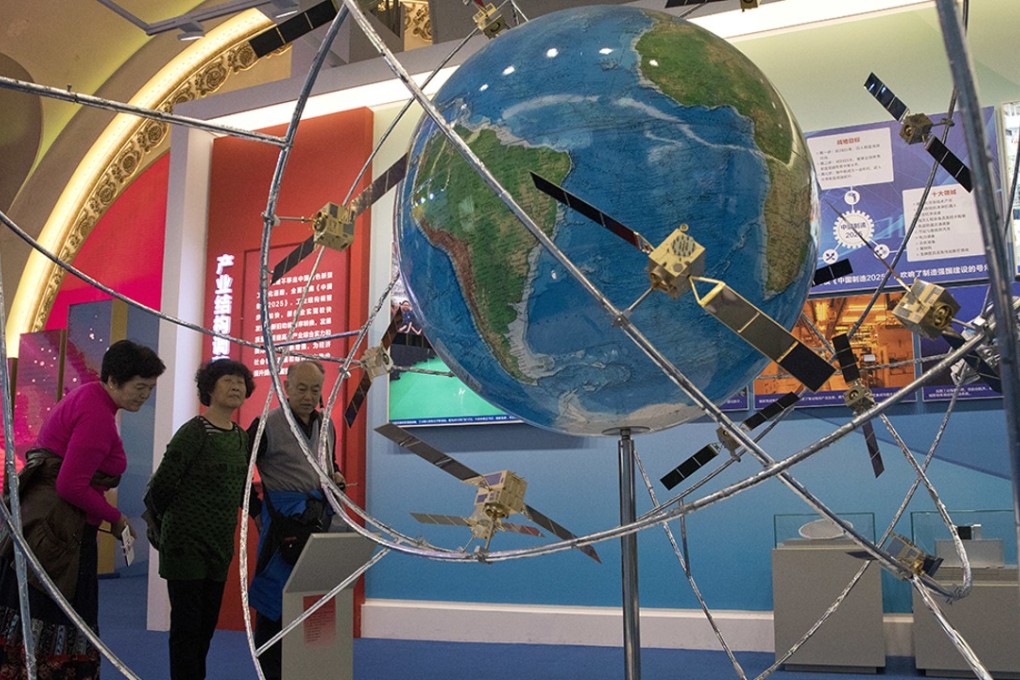A major hurdle in trade talks: US and China ‘play by different economic rules’
A veteran observer of US-Sino relations fears the stark differences between the nations’ economic systems will lead to a long trade deadlock

This week’s trade talks between China and the United States are unlikely to result in a substantial breakthrough because their economic systems are incompatible with each other, a former US trade official said.
“Economic interaction between China and the US is like a football game being played between the winner of the US Super Bowl and the winner of the World Cup,” Timothy Stratford, managing partner of Covington & Burling’s Beijing office and a former assistant US trade representative, said in an interview.
“The two teams have very different ideas about how to play the game, and each is showcasing different approaches and skills for moving the ball down the field,” he said.
“Arguing about who is following the rules and who is breaking them would not accomplish anything. But if neither team wants to change the rules it’s playing by, then you either have to stop playing with each other or you have to come up with new rules to reduce the harm that each team inflicts on the other.”
Watch: Origins and impact of US-China trade war
Multinational companies with Chinese or US operations have been caught in the crossfire of the trade war, which officially began on July 6 when the two countries imposed 25 per cent tariffs on US$34 billion of each other’s goods.